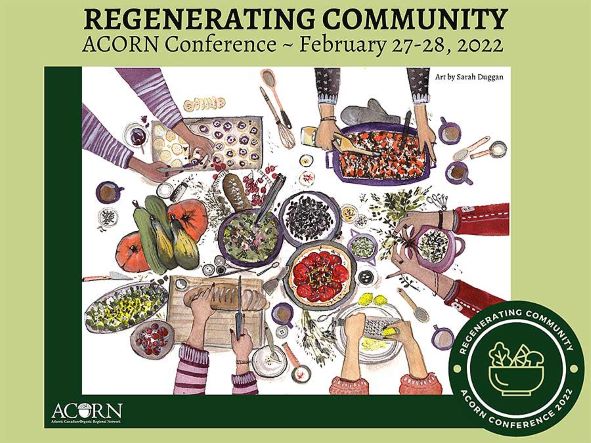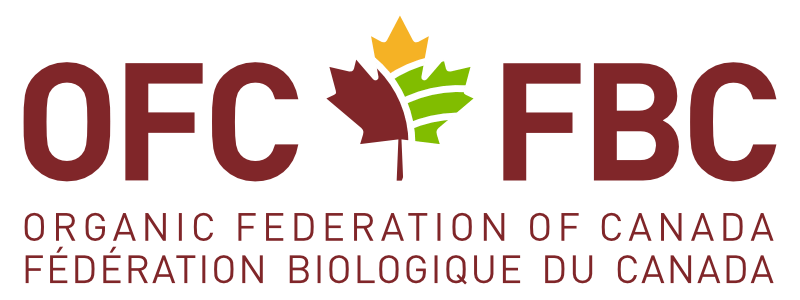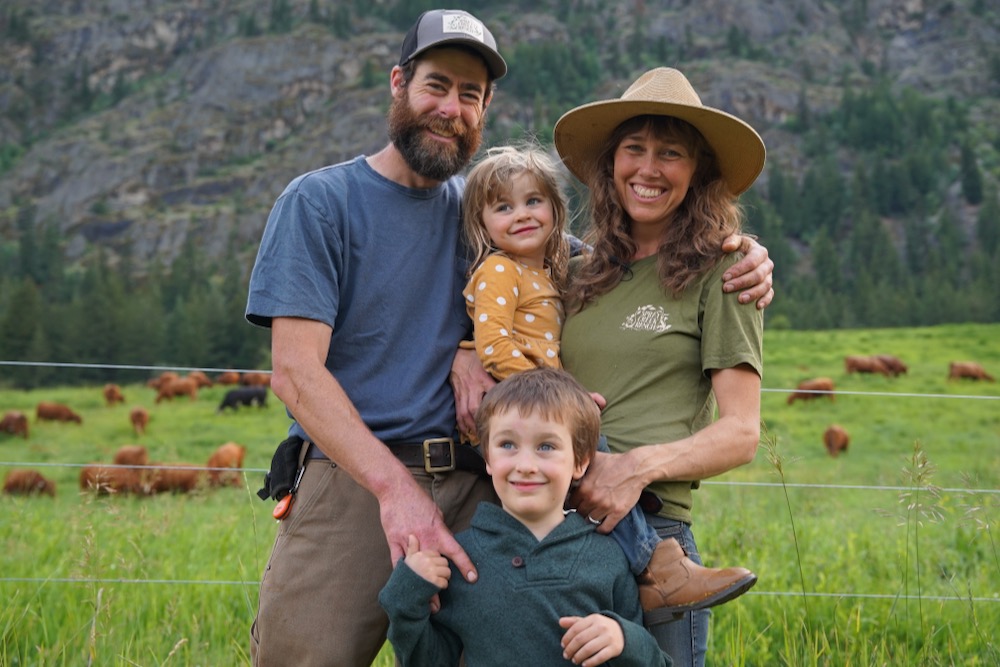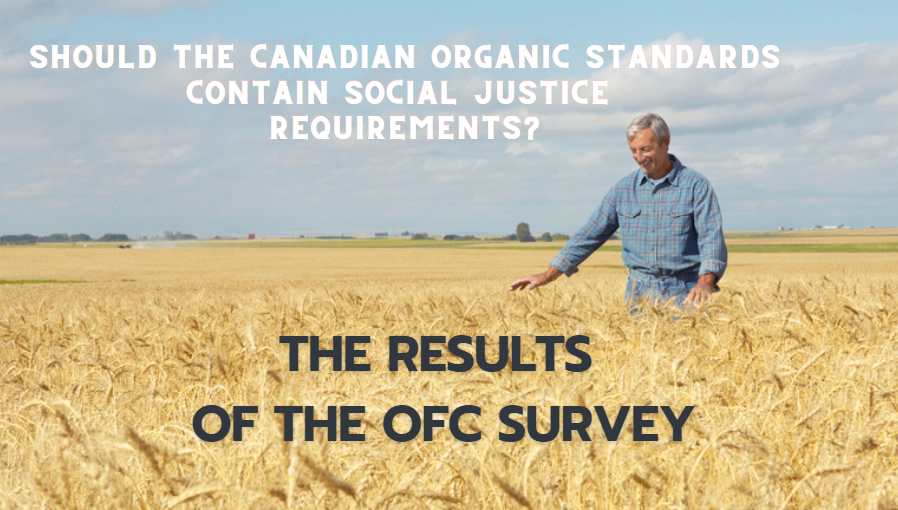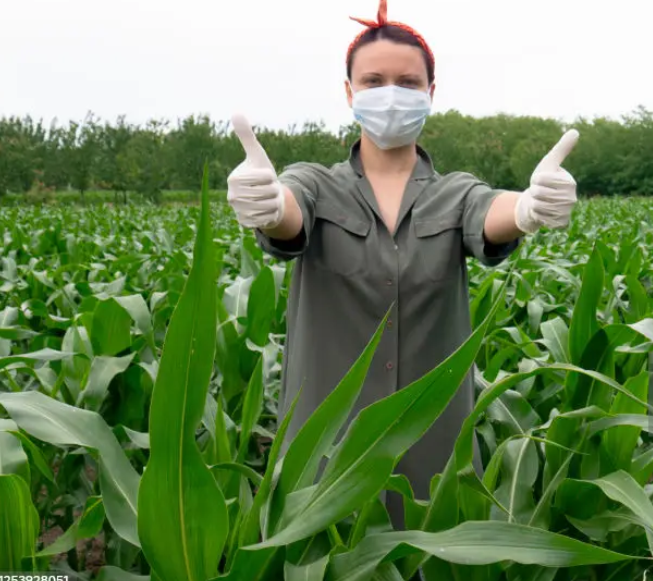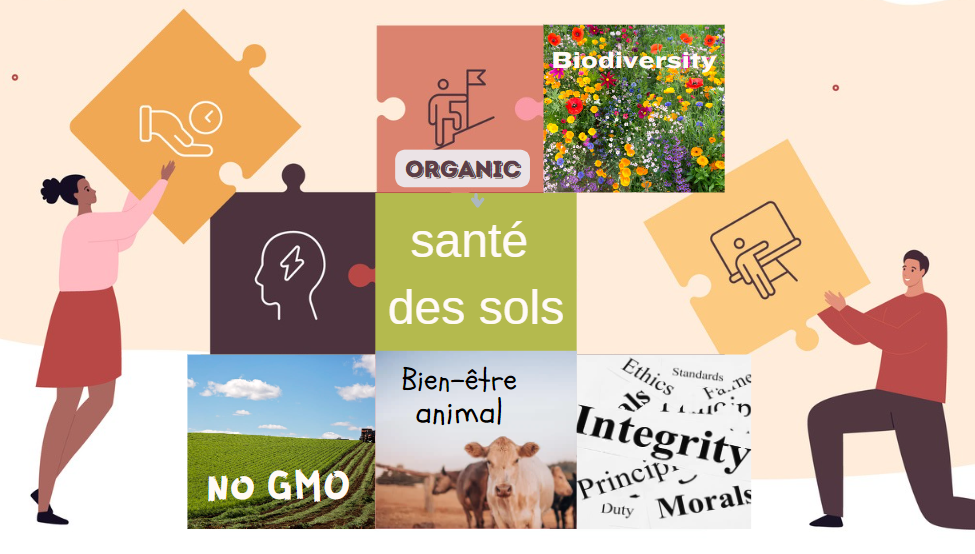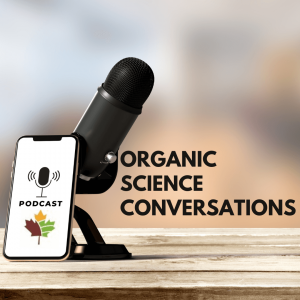Farming practices are evolving
Sign and share OFC’s petition
asking the government to fund the review of the Canadian Organic Standards!
- Reviewing the COS every 5 years is mandatory: the Canadian General Standards Board, the owner of the COS, states that an unrevised standard is no longer relevant and a standard that has been published for more than five years cannot be amended (CGSB Manual clause 6.11.9).
- The five-yearly review to be completed in 2025 ensures that the COS stay relevant and up to date, to account for new information, and to help improve organic production systems.
The Canada Organic Program – to grow sustainable agriculture and compete on international markets
… and more on OFC webpage – Organic Advocacy

Appreciating Biodiversity Through a Strong Organic Standard
by Dr. Andrew Hammermeister, Director
Organic Agriculture Centre of Canada, Dalhousie University
Biodiversity represents all the different organisms that we share our planet with. These organisms and the communities they live in are dynamic, efficient and responsive to the environment they exist in. The combinations of plants and animals and their genetic variations and adaptations are very important for optimizing use of resources such as sunlight, nutrients, water, and space. They also bring resiliency and stability in the landscape when there are severe events like drought, disease or fire.
While many of the species on the planet do not have a direct effect on humans, and some may even have a negative effect, the diversity of life is ultimately essential for supporting humanity. Services provided by natural ecosystems include regulating our environmental processes (e.g. flood protection and balancing atmospheric greenhouse gas content) and providing us with food, fibre, medicines, fuel, construction materials, culture, recreation, and inspiration.
The principles of organic agriculture encourage us to recognize and use biodiversity in agricultural production systems to enhance productivity while working within ecological limits. Significant research is happening within and beyond our Organic Science Clusters to better understand how we can optimize the use of genetic, species and community level biodiversity to support our production. Examples include identifying biological pest control options, using soil and plant inoculants to promote crop growth, and diversifying crop rotations to manage nutrients and pests.
However, the organic principles also encourage us to recognize the intrinsic value of biodiversity; we should maintain or enhance biodiversity in recognition that we share the planet with other organisms. Agriculture is regarded as the greatest threat to extinction of species on this planet (ref), largely through the conversion of natural habitat to cropland.

Unfortunately agricultural land in Canada is rated as having low to very low capacity for supporting terrestrial vertebrates (refref).
Biodiversity is generally regarded as being higher on organic than conventional farms (ref), and this is can be related to absence of pesticides, presence of weeds, and higher diversity of plant species in semi-natural areas on organic farms.
However, organic agriculture can do more to be a leading example of farming that supports biodiversity. We could look to other examples as to how we may further support biodiversity on organic farms in Canada such as the BioSuisse organic standards.
Biodiversity is generally regarded as being higher on organic than conventional farms (ref), and this is can be related to absence of pesticides, presence of weeds, and higher diversity of plant species in semi-natural areas on organic farms. However, organic agriculture can do more to be a leading example of farming that supports biodiversity.
We could look to other examples as to how we may further support biodiversity on organic farms in Canada such as the BioSuisse organic standards. BioSuisse includes over 15 pages of guidance related to the different ways that organic farmers can support biodiversity at five levels:
- The proportion of the farm dedicated to enhancement of biodiversity
- The structural diversity of these areas
- Agrobiodiversity relating to crop rotations and crop genetics
- Management practices in cultivated areas
- Biodiversity support in perennial fruits
Requesting that farmers adopt further measures to support biodiversity does place an additional burden on them potentially through loss of cropland, lower efficiency in field operations, and additional time and costs associated with managing natural habitats. Such requests on farmers must be carefully considered, ecoregion specific, and effective in actually enhancing biodiversity. Further research on social, economic, and environmental costs and benefits of habitat enhancement strategies within organic farming systems is needed. To do this the organic sector needs to work closely with conservation organizations with the support of government agencies to identify and refine best management practices and organic standards. Let’s all work together for a more diverse future!

Demand mandatory genetic engineering (GMO) safety assessments
Health Canada and the Canadian Food Inspection Agency (CFIA) are proposing to exempt many new genetically engineered (genetically modified or GM) foods and seeds from regulation. If approved, the proposals would remove government oversight of many new genetically modified organisms (GMOs) produced through the new genetic engineering techniques of genome editing (also called gene editing) that have no foreign DNA. This would mean unregulated GMOs on the market: GMOs sold without government approval and no mandatory notification to government, the public or farmers.
Express that you are against the proposed changes to the Seeds Regulations that would exempt genetically modified (GM) plants from an environmental assessment by the federal government.
Without government oversight, there will be no regulation of what is allowed into our environment and our food system. Farmers will not be able to identify organic seeds from GE/GMO seeds, contamination will increase in our environment and food supply risking organic markets, increasing the chance of patent lawsuits and making it very challenging for consumers to know what is in their food supply.
Take action and please circulate to your networks by the end of February to prevent the proposal from moving ahead!
Upcoming Events
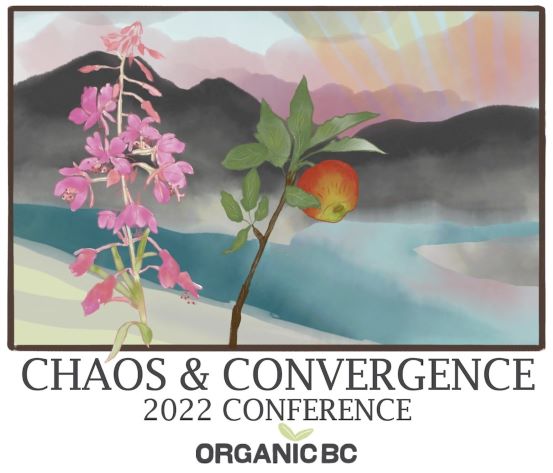
2022 Virtual BC Organic Conference and Podcast Series
Online | February 27 & March 6 | 9 AM – 12:30 PM

